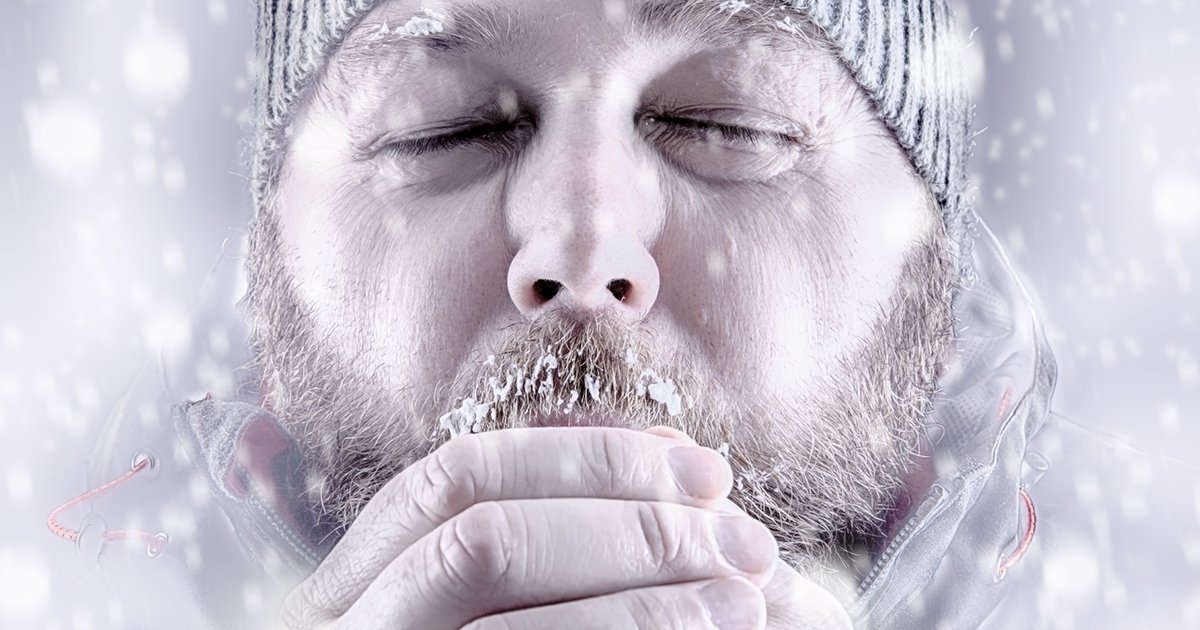Warning Signs Of Hypothermia
Hypothermia occurs when the body loses heat at a faster rate than it can produce and replenish it. When this happens, an individual's body temperature can drop to a dangerous low, from 98.6 degrees Fahrenheit to anything under 95 degrees. As the temperature in the body drops, the internal organs, such as the heart, suffer and cannot function properly. The nervous and respiratory systems are also negatively impacted and can even stop altogether, leading to death. Hypothermia typically results from exposure to extreme cold or immersion in cold water, without the option of drying and warming properly. If an individual finds themselves exposed to such conditions, they are at risk of developing hypothermia and may experience any of the following symptoms.
Slurred Or Mumbled Speech
Individuals who enter a hypothermic state will quickly begin to show symptoms. One such sign is slurred or mumbled speech. As the body temperature drops, the nervous system struggles to send signals. This prevents areas of the body, particularly the brain, from being able to effectively communicate with other parts. The patient's speech may slur or they might mumble, appearing as though they are exhausted or disoriented. While this may not be the first noticeable sign of hypothermia, it is one of the strongest indicators communicating the condition's severeness. If a patient is displaying this type of behavior, they require immediate medical attention, including being warmed up as soon as possible.
Uncover the next symptom of hypothermia now.
Shallow And Slow Breathing

Shallow and slow breathing is one of the early signs of being cold and, eventually hypothermia. As the body temperature drops, so do the individual's circulation and blood pressure. The heart rate slows down, attempting to preserve critical energy. However, this manifests in decreased oxygen intake. Again, an individual who is entering (or has already entered into) a state of hypothermia will appear low in energy and lethargic. As the state progresses, they may seem to move and respond to stimuli less, taking slow and shallow breaths instead of keeping a normal rhythm. Keeping oxygen levels in the body and blood up is critical for maintaining consciousness and not succumbing to the extreme cold.
Learn more about the warning signs of hypothermia now.
